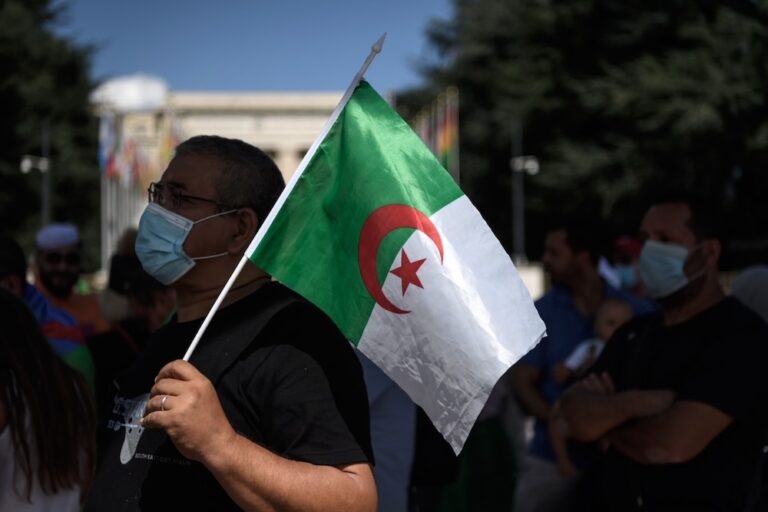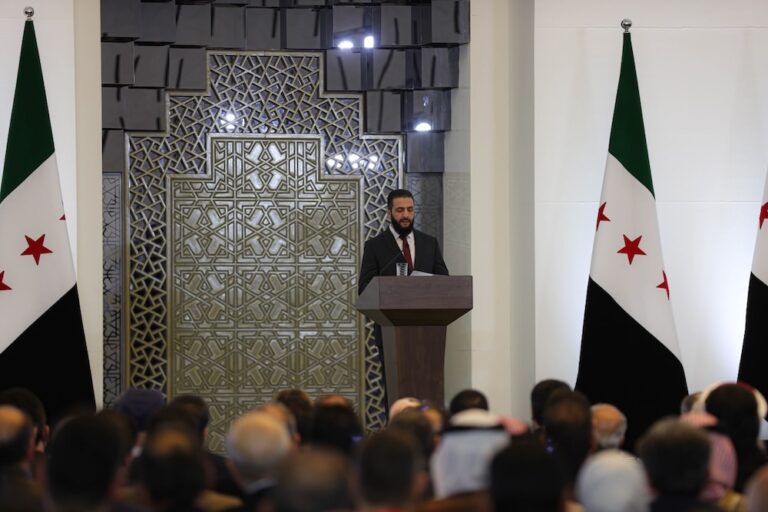(RSF/IFEX) – On 7 June 2002, the International Criminal Tribunal for the Former Yugoslavia (ICTY) decided to subpoena former “Washington Post” journalist Jonathan Randal to testify before the court about an interview he conducted in 1993 with a former Bosnian Serb leader. The journalist had previously refused to comply with the summons issued by the […]
(RSF/IFEX) – On 7 June 2002, the International Criminal Tribunal for the Former Yugoslavia (ICTY) decided to subpoena former “Washington Post” journalist Jonathan Randal to testify before the court about an interview he conducted in 1993 with a former Bosnian Serb leader. The journalist had previously refused to comply with the summons issued by the tribunal chamber dealing with the trial of Bosnian Serb leaders Momir Talic and Radoslav Brdjanin.
The ICTY’s Appeals Chamber was scheduled to examine Randal’s appeal on 3 October.
RSF, together with 34 media and press freedom organisations, submitted an amici curiae brief in support of Randal’s appeal. RSF also wrote a letter of protest to the tribunal’s chief prosecutor, Carla Del Ponte, on 12 June. “If journalists working in war zones are now to be seen as aides to international courts, the already very dangerous job of war correspondent will soon become impossible,” stated Robert Ménard, the organisation’s secretary-general. “Reporters give evidence about world events, but in real time and for the benefit of international public opinion,” he added.
In a letter dated 18 July, Del Ponte replied that the right of journalists not to reveal their sources, which would justify granting journalists exemption from having to give evidence in court, did not apply in the Randal case. The chief prosecutor went on to say that Randal had already agreed to be interviewed by investigators and that the summons to appear on 29 January was intended only to “confirm the authenticity and exactness of the statements and comments gathered from the accused, Brdjanin, and published in an article which appeared at the time of the conflict in the former Yugoslavia.” According to Del Ponte, “appearing before the court at this time in no way meant that Randal would have to reveal any secret or confidential information he had received in relation to this same article.”
This response failed to satisfy RSF, however. “We have always supported the establishment of international justice mechanisms, but even the best causes do not justify the violation of the fundamental principle of protection of journalists’ sources,” Ménard stated on the eve of Randal’s appeal.


